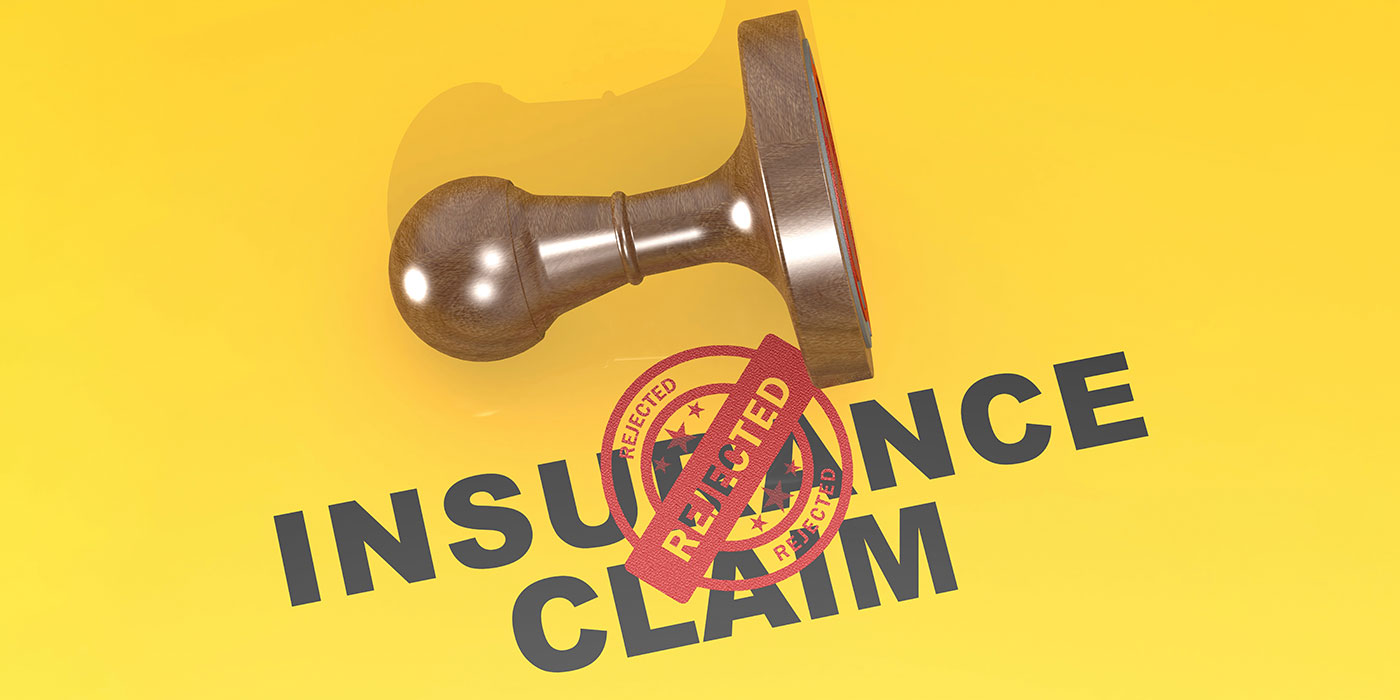"When a person comes into my shop, I define who the customer is. If the person who owns the car is my customer, then it’s my job to do what’s best for him. When the insurance company is my customer, then it’s my job to do the best I can for them, and I have to follow their guidelines," says a clearly misguided shop owner – who’s clearly not alone in his confusion over who exactly is the shop’s customer.
Let me clear it up for you: It’s the consumer. Always. Even when you’re on an insurer’s direct-repair program. A shop’s contract with the vehicle owner supercedes any written or unwritten agreements with a third-party payer.
Case in point: An industry friend recently told me about an insurer and dealer shop that are being sued by a vehicle’s owners. This couple with a new Jeep Grand Cherokee had an accident and were referred to the insurer’s DRP shop. The shop initially declared the Jeep a total loss. But, under pressure from the insurer to fix the Jeep, the shop hacked it up and was then involved in a conspiracy with the insurer to conceal the unsafe repairs.
A whistle-blower at the shop called the couple one evening and told them how screwed up their Jeep was.
The discovery documents revealed how much the insurer knew about the Jeep and when they knew it. Regardless, the "insurer-told-me-to-do-it" excuse didn’t get the shop off the hook.
"The shop defrauded [the consumer] big time," says my industry friend. "That’s the typical DRP scenario – the shops defraud the customers in order to make up for what they lose in the discounts and concessions of the program. What’s awful about this is that the insurance companies look the other way when this happens."
But the courts don’t. Always remember and never forget: Your customer is the vehicle owner, regardless of who’s cutting the check. That money is proceeds from the insurance policy, and it belongs to the insured. Not to mention, the deductible is a co-pay from the consumer, which should tell you where your contractual duty lies.
Some shop owners, however, can’t handle the truth. If they acknowledge who their real customer is and put that customer first, they run the risk of losing guaranteed insurer volume. As for that pesky moral dilemma (you know, defrauding consumers whose lives are in your hands), well … these shop owners take no responsibility for that; after all, they’re just doing what they’re told.
Make no mistake. These shop owners work for the insurance industry.
For example, last year, the Alliance of Automotive Service Providers of Illinois (AASPI) drafted, lobbied for and got enacted a law that requires the shop to recognize its responsibility to the consumer. Simply put, it makes it illegal for shops to apply insurer "guidelines" to estimates or repairs. Great news, right? Yet several shop operators publically commented that they couldn’t satisfy the "requirements" of their DRP contracts and also be within the law. One of these shop owners even went so far as to (unsuccessfully) try to get the law amended so it no longer protected consumers.
"Shop owners are in denial on account of their double standard for DRP customers," says an Illinois shop owner. "They think they can do a lesser repair because an insurer told them to."
But signing a contract with an insurer doesn’t relieve you of your duty to the vehicle owner, nor does it relieve you of liability if your shop performs a crap repair.
You’re the repair expert. Claiming the "insurer made me do it" does not exonerate you. What it does do, however, is prove you don’t know whom you work for.
Georgina K. Carson, Editor
[email protected]













